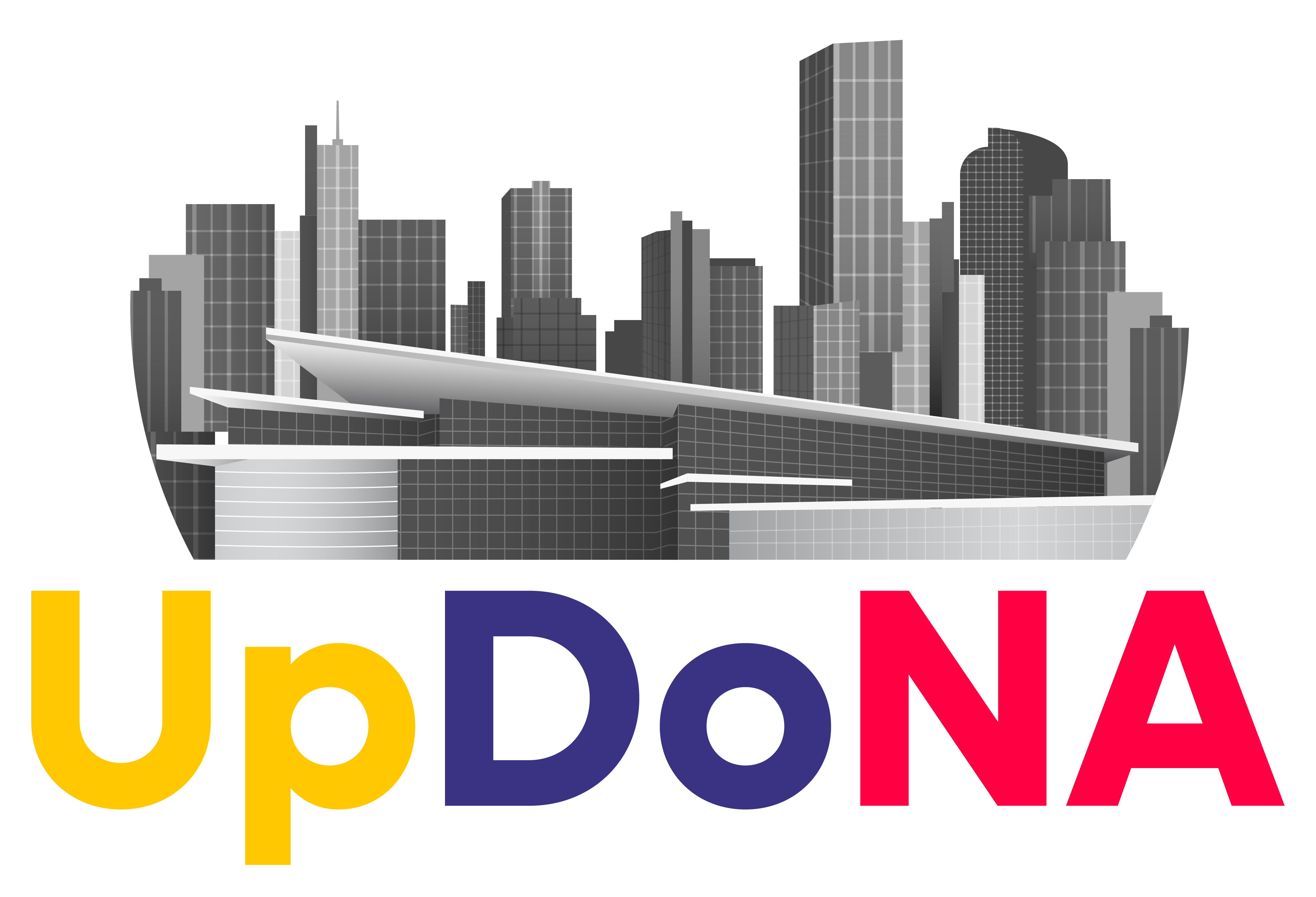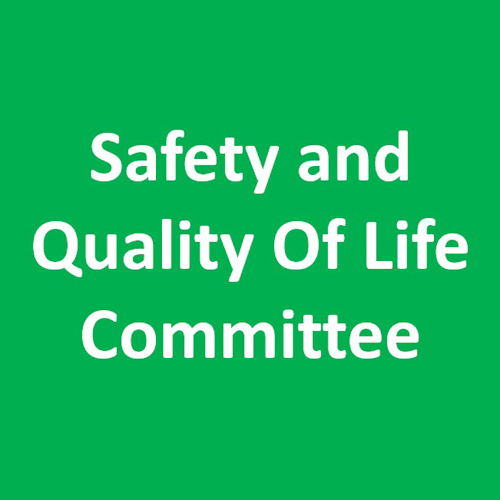As you are probably aware, the top priority for Mayor Mike Johnston is homelessness. This was his primary campaign theme and he hit the ground running, declaring a Homelessness State of Emergency on his first day in office. He has stood up our Emergency Operations Center, normally used for things such as weather emergencies, and has staffed it with 50 city employees working on the problem.
Members of the Safety & Quality of Life Committee (S&QOLC) have had a few opportunities to speak with him, and we seem to be hearing the right things so far. We were able to grab a few minutes of his time at our “National Night Out” event, and he indicated that he supports the protection of the most economically-sensitive areas of the city, notably the Convention Center Corridor. Ryan Ertman, who is the Director of Safety & Security for the Downtown Denver Partnership (DDP), indicated that the mayor is continuing support for the “Together We Will” program and the Downtown Action Team (DAT).

Mayor Johnston is showing himself to be someone that wants contact with the public and is in the process of holding over twenty Town Hall Meetings where he lays out his plan to address Denver’s homelessness crisis and then opens the meeting up for questions. His goal is to find non-congregate housing for 1,000 homeless individuals and families by Christmas of this year. His intent is to do that in three ways: 1) use of existing buildings, 2) acquisition of hotels and 3) building up to twenty micro communities for domiciles such as tiny homes. His plan seems believable, although his timeline is quite aggressive.
At one of the District 10 Town Halls, Rob Squire, co-chair of the S&QOLC, was the first person the mayor chose for a question. Rob relayed the community impacts that were attributed to the Aloft hotel when it was being used as an emergency shelter during COVID. UpDoNA members witnessed significant drug use, drug dealing, trash and catcalls by the men lined up in chairs along Stout Street. He requested that mitigation of community impacts be a high priority when selecting new places to house the homeless. Rob offered to provide him with the same presentation that the S&QOLC gave to Sabrina Allie of the Department of Housing Stability (HOST) in which we provided recommendations on mitigation of community impacts when new housing sites are formed. The mayor responded that he plans to have a security presence at each site, and that was the primary S&QOLC recommendation to HOST.
The S&QOLC believes that drug abuse and mental health are significant contributors to the problem of homeless illegal camping, and that belief has been reinforced in multiple conversations with Denver law enforcement, the Denver Fire Department and the Department of Safety. Meetings with Councilman Hinds, and Councilman Watson, and Councilwoman-at-Large Parady have included discussions about drug and mental health treatment. Without strong drug treatment services, the committee sees a significant chance of program failure. However, the mayor stated his intent to provide wraparound services at each site, and he plans to dedicate an entire area of Denver’s jail to drug treatment of prisoners. He plans to provide increased incentive to accept drug treatment which is something that is commonly rejected by illegal campers. These incentives will be provided by expanded use of programs such as Denver’s Assessment, Intake and Diversion (AID) center, and will allow someone who is charged with a drug offense to be provided with choices of outpatient drug treatment, inpatient drug treatment or jail.
While we strongly support the mayor, there are areas where we have concerns. One of those concerns clean ups. Clean ups have been halted for any encampment larger than 10 tents, and decisions to remove them will be based primarily on safety or health concerns, and not as much on encumbrances as it has been in the past. We believe that almost no encampment is safe, either to the campers or to the public. Illegal campers are often subjected to assault, and drug abuse is commonplace. Rat infestations, along with fires and explosions due to the use of propane tanks used by the campers make them dangerous to the public. We also believe that ignoring encumbrances on private property ignores the rights of affected businesses and residents, and it seems unreasonable to expect them to live with a nearby encampment without the chance to have it removed.
With Denver providing more and more money toward housing for the homeless, another area of concern is the “build it and they will come” scenario. The possibility exists that the rather generous provision of private housing may simply attract more homeless to Denver in a never-ending spiral of housing provision, resulting in an increased influx of homeless to Denver, requiring more housing . . . We believe that statewide intervention is needed to incentivize or require expanded homelessness programs in surrounding counties.
Regardless of those concerns, the S&QOLC is committed to working with the administration and we fully support Mayor Johnston’s efforts. It is in everyone’s best interest to move illegal campers off the streets and into shelters. It benefits the homeless, residents, business owners and visitors, and it is a necessary step for Denver’s economic recovery.
Photo attribution: Hart Van Denburg/CPR News


